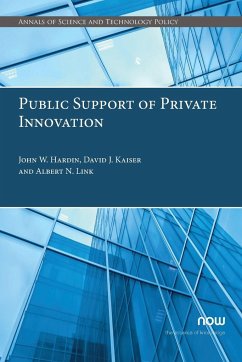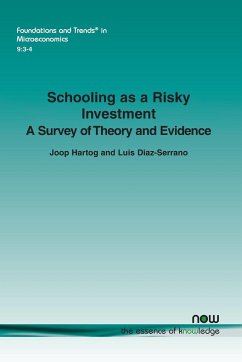
Schooling as a Risky Investment
A Survey of Theory and Evidence
Versandkostenfrei!
Versandfertig in 1-2 Wochen
100,99 €
inkl. MwSt.

PAYBACK Punkte
50 °P sammeln!
Schooling as a RiskyIinvestment: A Survey of Theory and Evidence focuses exclusively on the risk that is associated with investing in education. In this monograph, the authors' acknowledge that in educational choice, risk is everywhere, and that the variables affecting this choice are imperfectly known. Only recently has modern economic theory faced these issues. In a well organized framework, this monograph surveys the modest literature, identifies and explains the weakest aspects of knowledge in the field, reflects on policy issues, and presents an agenda for future research. Schooling as a ...
Schooling as a RiskyIinvestment: A Survey of Theory and Evidence focuses exclusively on the risk that is associated with investing in education. In this monograph, the authors' acknowledge that in educational choice, risk is everywhere, and that the variables affecting this choice are imperfectly known. Only recently has modern economic theory faced these issues. In a well organized framework, this monograph surveys the modest literature, identifies and explains the weakest aspects of knowledge in the field, reflects on policy issues, and presents an agenda for future research. Schooling as a RiskyIinvestment: A Survey of Theory and Evidence is organized as follows. After an introduction, Section 2 presents data on ex post variation in outcomes, and evidence on student perceptions of variability and risk to show that risk is a relevant dimension for individual decision making. As a background to the models acknowledging uncertainty, Section 3 briefly considers models for investment in human capital under conditions of perfect information and a perfect capital market. Section 4 presents empirical evidence on the effect of risk on schooling choices. Section 5 surveys the literature for empirical evidence on the relationship between level of education and dispersion in earnings. Section 6 considers methods to cope with risk such as hedging human capital risk and self-insurance through consumption smoothing. Compensation in wages for the risk associated with schooling investment is then considered in Section 7, followed by a look at policy issues in Section 8. Finally, in Section 9, the monograph concludes by summarizing what is known and identifies interesting issues and directions for future research.





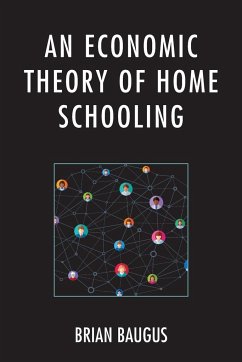
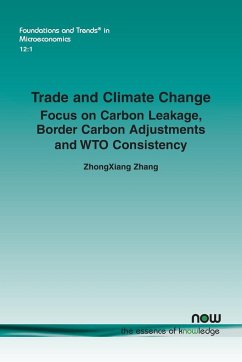

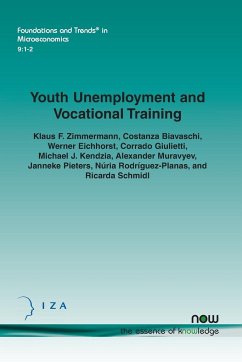
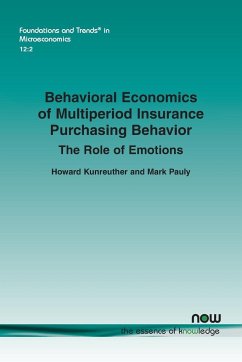

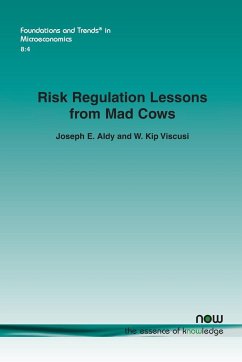
![The Commercial Building & Investment Society, Toronto [microform]: Incorporated January, 1851, Pursuant to the Act of the Provincial Legislature, 9th Cover The Commercial Building & Investment Society, Toronto [microform]: Incorporated January, 1851, Pursuant to the Act of the Provincial Legislature, 9th](https://bilder.buecher.de/produkte/65/65541/65541855n.jpg)
